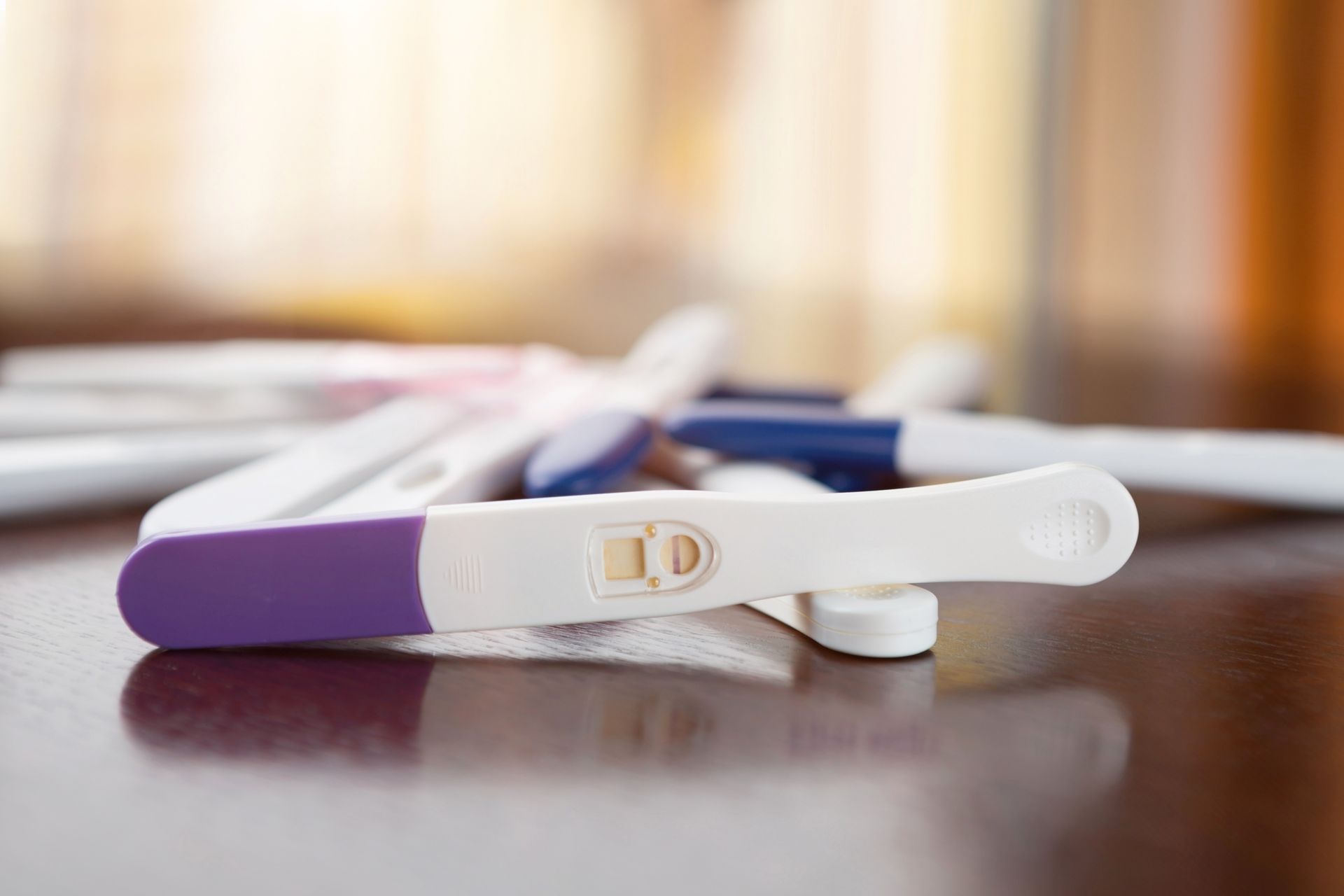Being diagnosed with a sexually transmitted disease (STD) can be overwhelming. In addition to any medical concerns, there also may be a lot of emotions that go along with hearing you have an STD. If you’ve recently found out that you have an STD, it’s OK for you to feel all the feelings. Let’s look at some of the common emotions people might feel after being diagnosed.
Anger
Some people feel really angry when they get an STD diagnosis — angry at a partner, angry at themselves, angry at the universe. It’s OK to feel angry. But it’s also important to know that often, anger is a secondary emotion. So after you’ve given yourself permission to be angry for a little while, you may want to peel back a layer and see what’s beneath that anger. Maybe it’s fear. Maybe it’s anxiety. Maybe it’s despair. Or maybe it’s embarrassment or worry about the stigma. We’ll talk about that more in a minute.
Betrayal
If you thought you’ve been in a mutually monogamous relationship – when you only both ever have sex with each other – and you believed you both entered the relationship with no STDs, you might feel really betrayed. Maybe you feel betrayed that your partner had an STD and didn’t tell you. Or maybe you feel betrayed that your partner was unfaithful to you and brought back an STD. That’s a normal response. You have every right to feel betrayed and hurt. And it will probably take some time to heal from that. It might help to talk to a trusted friend or family member or to a professional counselor.
Fear/Anxiety
This is probably brand-new territory for you. Anytime we’re facing the unknown, fear is common. Sometimes your fears may be related to the medical details — Will this impact my ability to have children in the future? If I’m pregnant now, how might this disease hurt my baby? Could this disease affect my brain? Doing too much research on the Internet or getting your information from people who aren’t experts may make your fear even worse. If you write down all your questions and ask your healthcare provider, you can get answers that might help calm some of your fears.
Sometimes your fears are related to the future — Will anyone want to have sex with me ever again? How am I supposed to talk about this when I start a new relationship? Those are valid fears. It makes sense that you’d feel anxious about those things. But it’s important that you remember that there are about 20 million new cases of STDs in the U.S. each year, so you’re certainly not alone. It’s possible to have a healthy, happy relationship after an STD diagnosis. Your healthcare provider can tell you more about that.
Depression
You might become depressed, losing interest in the things that brought you joy before, feeling less like your usual self. If your sad feelings become really intense or don’t go away after that initial couple weeks, talk to your doctor or healthcare provider. They’ll have the resources to help you.
Shame
Even though there were 2.4 million reported cases of chlamydia, gonorrhea, and syphilis in 2018 in the U.S. and there are 20 million new cases of all STDs combined every year, people don’t talk about it. There’s a lot of secrecy around STDs. That’s understandable – our sexual health is a private and personal thing. But a lot of times, secrecy breeds shame. And that shame can make you feel really lonely and isolated – even though there are literally millions of other people who are going through the same thing. Sometimes the power of shame can be broken by talking to just one understanding, compassionate person who can listen without judgment. If you don’t have that person in your life – or if you’re not sure – you can call us. A member of our staff will listen to you without judgment.
Worthlessness
We live in a culture that values perfection. Added to that – nearly all of the media portrays sex in this really polished, provocative, sensual way. The value of a person is often tied to how desirable, how sexy they are. And it’s hard to feel desirable or sexy if sex gave you this disease that you can give to someone else if you have sex again. This might make you feel like you’re not desirable, not worth as much as other people. Though we understand why you might feel that way, we need you to know that our culture lies to us about this. Your worth doesn’t have anything to do with how sexy you are, how many people would want to have sex with you, how polished your sex life is. You have value – so much value – just because you’re YOU. No disease can steal your value and worth.
Yes, this diagnosis is a big deal. And you deserve to get treatment and information for the best possible care for yourself. But this diagnosis doesn’t define you. You don’t deserve any less because of this.
If you’re struggling with all the big feelings after a diagnosis of an STD, we’re here for you. We’ll listen without judgment and we’ll guide you to the resources you need to help you feel like your best self.


At Collage, we’ve experienced the restoration of beauty in our own lives, and that compels us to help others seek the beauty within them.
Don’t ever hesitate to contact us.
Site designed and hosted by Tally Creative, Inc.



